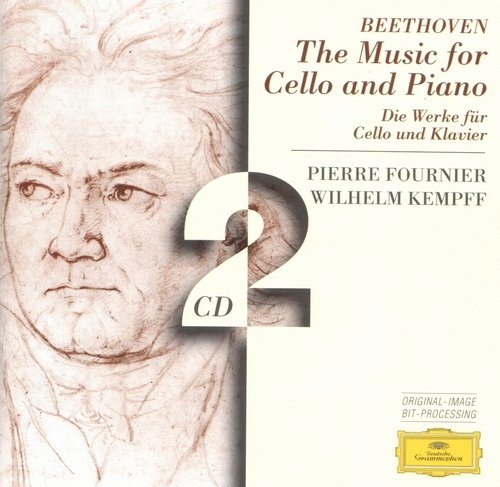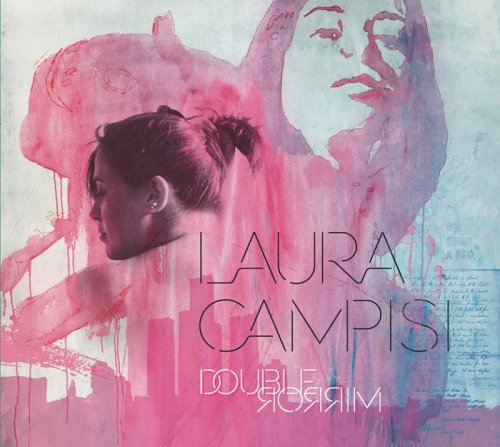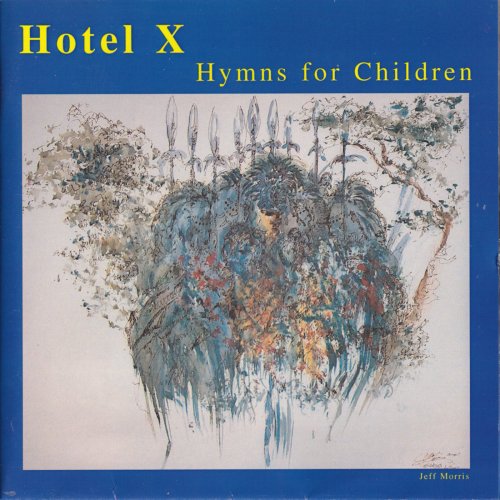Pierre Fournier, Wilhelm Kempff - Beethoven: The Music for Cello and Piano (1989)

Artist: Pierre Fournier, Wilhelm Kempff
Title: Beethoven: The Music for Cello and Piano
Year Of Release: 1989
Label: Deutsche Grammophon
Genre: Classical
Quality: FLAC (tracks)
Total Time: 02:13:57
Total Size: 641 Mb
WebSite: Album Preview
Tracklist: Title: Beethoven: The Music for Cello and Piano
Year Of Release: 1989
Label: Deutsche Grammophon
Genre: Classical
Quality: FLAC (tracks)
Total Time: 02:13:57
Total Size: 641 Mb
WebSite: Album Preview
CD 1:
01-02. Cellosonate F-dur Op. 5 Nr. 1
03-04. Cellosonate g-moll Op. 5 Nr. 2
05-07. Cellosonate A-dur Op. 69
CD 2:
01-02. Cellosonate C-dur Op. 102 Nr. 1
03-05. Cellosonate D-dur Op. 102 Nr. 2
06-18. Zwölf Variationen G-dur aus Händels Oratorium 'Judas Makkabäus' WoO 45
19-26. Sieben Variationen Es-dur über das duett 'Bei Männern, welche Liebe fühlen' aus Mozarts 'Die Zauberflöte' WoO 46
27-39. Zwölf Variationen F-dur über das thema 'Ein Mädchen oder Weibchen' aus Mozarts 'Die Zauberflöte' Op. 66
Performers:
Pierre Fournier, cello
Wilhelm Kempff, piano
Before anything else is said, it has to be admitted that the 1963 recording with Mstislav Rostropovich and Sviatoslav Richter is beyond all argument the greatest set of Beethoven's cello sonatas ever recorded. Nevertheless, for the single best recording of Beethoven's cello sonata, it should be this 1965 recording by Pierre Fournier and Wilhelm Kempff. Because while Rostropovich and Richter are the greater virtuosos, their virtuosity is also inevitably the prism through which Beethoven's music radiates and his music is colored by their virtuosity. But Fournier and Kempff are arguably the greater musicians because they are not so much the prism as the lens through which Beethoven's music flows, and his music is ineluctably clarified by their musicianship. When one hears the ardent objectivity of their Sonatas, Op. 5; the dramatic lyricism of their Sonata, Op. 69; the exhilarating serenity of their Sonatas, Op. 102; the serious fun of their Mozart Variations; or the playful strength of their Handel Variations, one is hearing less of Fournier and Kempff and more of Beethoven. The consummate musicianship renders their playing translucent, letting the clear light of Beethoven's music shine through. As great as Rostropovich and Richter are -- and they are very, very, very great -- it is Fournier and Kempff who contain more of Beethoven because they includes less of themselves.
DOWNLOAD FROM ISRA.CLOUD
Pierre Fournier Wilhelm Kempff Beethoven The Music for Cello and Piano 89 1308.rar - 641.4 MB
Pierre Fournier Wilhelm Kempff Beethoven The Music for Cello and Piano 89 1308.rar - 641.4 MB








![Don Leisure - Halal Cool J (2019) [Hi-Res] Don Leisure - Halal Cool J (2019) [Hi-Res]](https://www.dibpic.com/uploads/posts/2019-05/1557043283_folder.jpg)